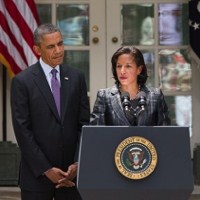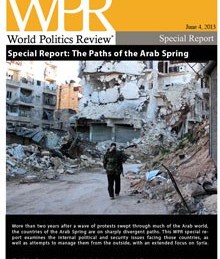
When U.S. Vice President Joe Biden took to the podium at last February’s Munich Security Conference, he decided to err on the side of caution. Washington’s strategic shift toward Asia, Biden said, would have no impact on the thriving relationship between the United States and Europe. This was music to the ears of Europeans in the packed banquet hall of the Bayerische Hof Hotel. Biden’s words were clearly aimed at reassuring Europe that despite some difficulties, the trans-Atlantic relationship was intact. Biden said that America and Europe had never been so close. The relationship was alive and well. Nothing could […]



